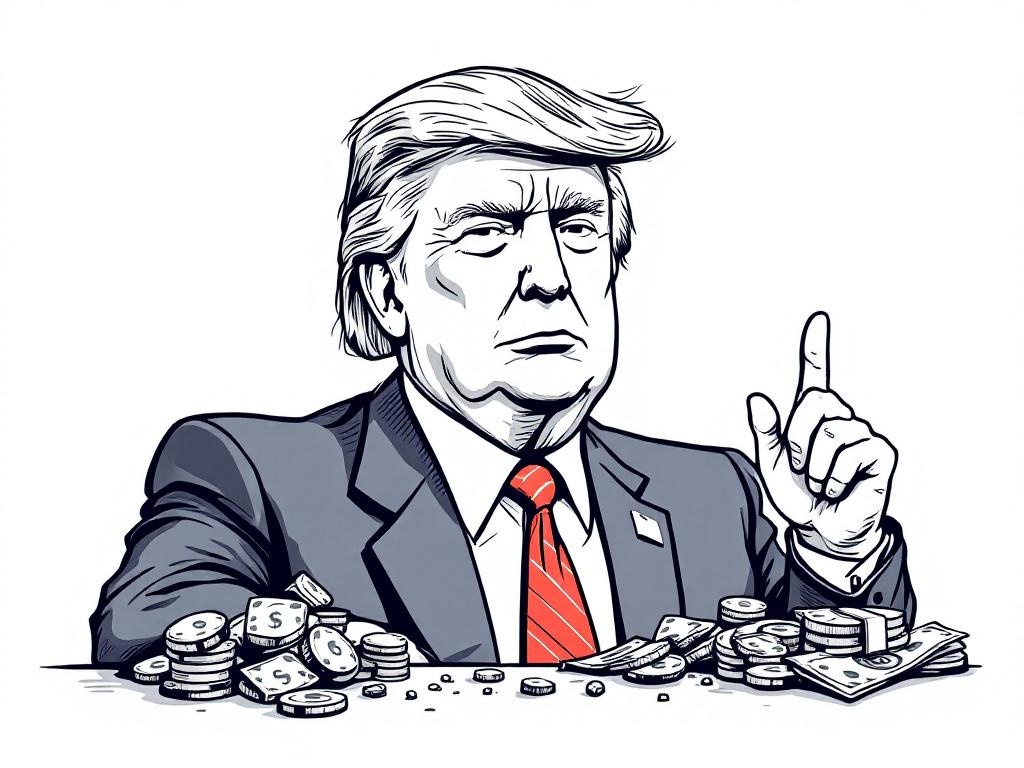Trump's Tariff Threats on China Shake Global Markets Amid Rare Earths Tension

Washington, D.C., Friday, 10 October 2025.
U.S. President Trump announced potential tariff hikes on China, intensifying a dispute over rare earth minerals and causing stock market instability with significant drops in major indexes.
Escalating Tensions Over Rare Earths
On October 10, 2025, President Donald Trump declared a potential ‘massive increase’ in tariffs on Chinese imports, a reaction to China’s newly imposed export controls on rare earth minerals. This announcement marks a significant escalation in the ongoing trade tensions between the two largest economies. Rare earth minerals are essential for industries ranging from electronics to defense, and China controls about 70% of the global supply [1][2]. This strategic leverage has heightened international concerns about supply chain stability and has prompted Trump’s administration to consider severe economic countermeasures [1][3].
Market Reactions and Economic Impact
The immediate reaction to Trump’s threat was a noticeable decline in stock market indexes. The Dow Jones Industrial Average fell by 1.2%, the S&P 500 by 1.56%, and the Nasdaq Composite by 2.05%, reflecting investor anxiety over the potential economic fallout [2]. The CBOE Volatility Index, a measure of market uncertainty, spiked to its highest level in a month, indicating heightened risk perception among investors [2]. U.S.-listed shares of Chinese companies, such as Alibaba and JD.com, saw declines ranging from 3.9% to 6.7%, underscoring the widespread impact of these trade tensions [2].
Global Trade and Supply Chain Concerns
China’s Ministry of Commerce announced on October 9, 2025, that foreign entities must obtain a license to export products containing more than 0.1% of rare earth minerals sourced from China. These measures are set to take effect on December 1, 2025, and are perceived as a direct response to geopolitical pressures [1]. The U.S. and its allies are concerned about the potential disruptions to industries reliant on these critical materials. Given the strategic importance of rare earths, this development threatens to exacerbate existing trade disputes and further strain U.S.-China relations [1][3].
Long-Term Implications for U.S. Industries
The U.S. economy could face significant disruptions if the tariff measures are implemented. Sectors such as technology, automotive, and defense, which rely heavily on rare earths, may experience supply shortages and increased production costs. The potential for prolonged trade hostilities raises concerns about the U.S.’s competitive position in global markets [1][3]. Furthermore, U.S. soybean farmers, already hit hard by the trade war, continue to struggle with China’s boycott of American soybeans, which was previously a $12 billion market [4]. The ongoing trade tensions underscore the complexity and interconnectedness of modern global supply chains [4].